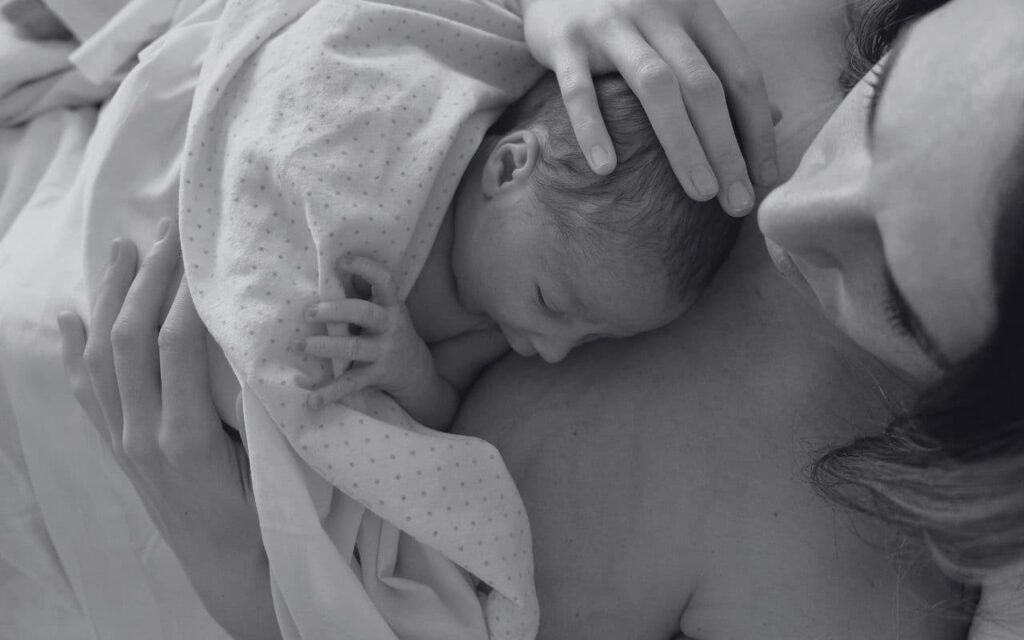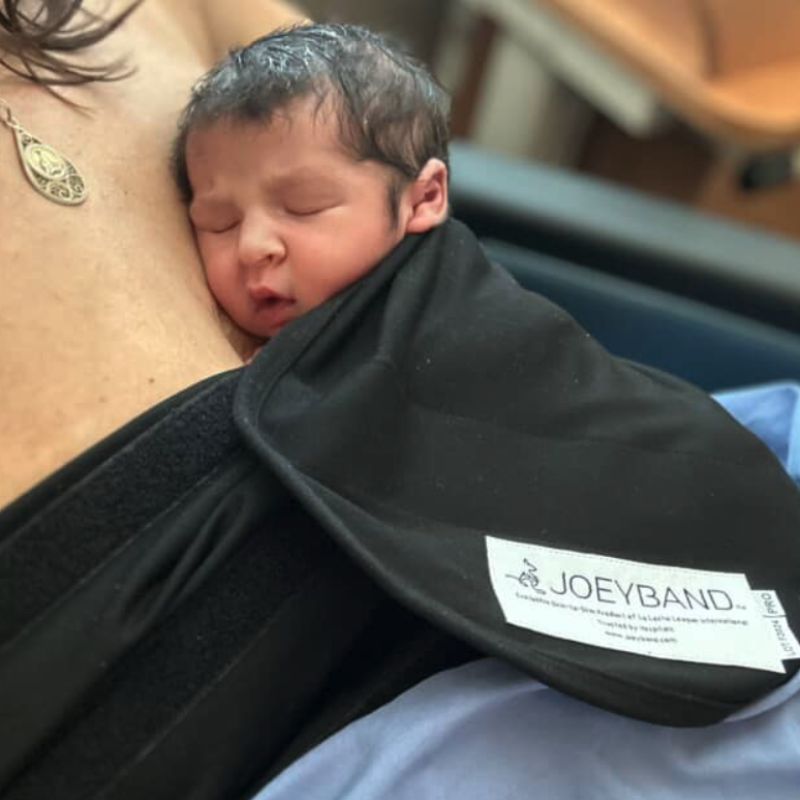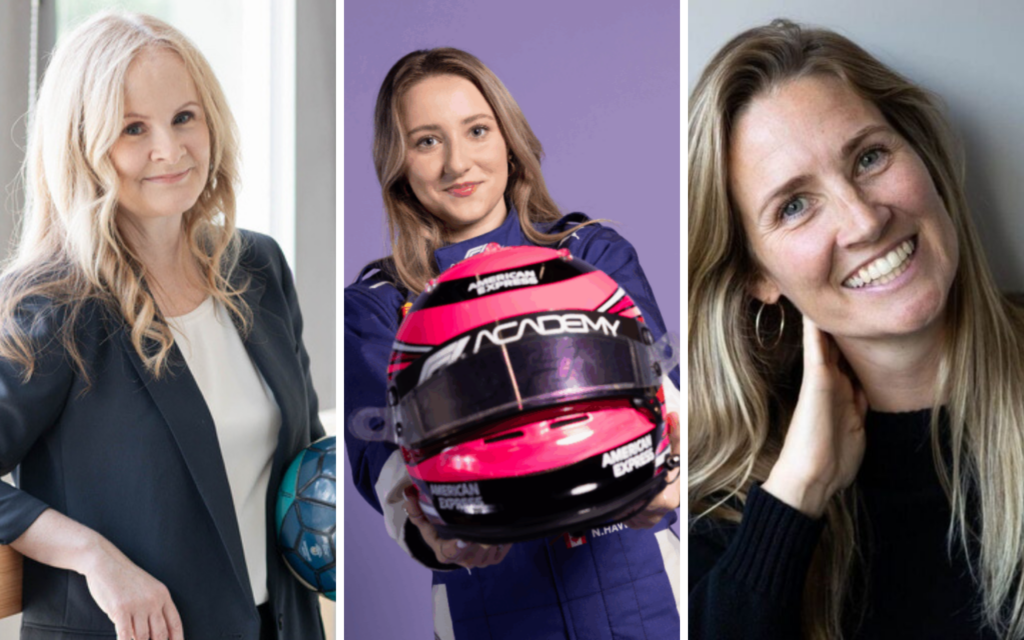
When my daughter was born, I practiced skin-to-skin contact – something that had been praised by every doctor, doula, and midwife I spoke to. I knew it helped with everything from bonding and breastfeeding to regulating a baby’s body temperature and heartbeat. I wanted to give her the very best start.
Two weeks to the day she was born, she was asleep on my chest. I took my hands off of her for two seconds to text my sister, when she startled and hit the hardwood floor. Thirteen years later, I can STILL hear the sound.
My husband and I panicked and took her to the emergency room. On our way there, I kept thinking, “I’m unfit, they’re going to take her away from me.” The doctor looked at me and said, “This happens all the time.”
We were lucky. She was not seriously injured. But I was shaken in a way I can’t fully describe. I couldn’t stop thinking, if this happened to me, with all the support and resources I had, how many other parents might be going through the same thing, silently and alone? I also knew I didn’t want it to happen again.
Searching for a solution
The more I learned about skin-to-skin contact, the more floored I was by how essential it is and how dangerous it could be at home and in the hospital without a tool to support it.
The science is clear: it reduces postpartum bleeding, increases oxytocin, calms babies, improves heart and breathing stability, boosts breastfeeding success, and helps parents manage anxiety and stress.
But despite all these benefits, there were no ergonomic, safety-first tools made specifically for skin-to-skin care. Slings and carriers weren’t designed for those early, fragile moments. And yet, hospitals were reducing the “golden hour,” those first 60 minutes after birth, to just 15 minutes due to fall risk and the difficulty of facilitating skin-to-skin contact in challenging environments like the operating room table.
I spent way too much time in front of the TV, watching YouTube videos, trying to learn how to wrap my baby – these sessions often ended in frustration with both me and my daughter in tears.
I just wanted something simple because, let’s face it, when you’re a new mom, even basic things can feel overwhelming. I just wanted something that would keep her on my chest securely. I was too tired for a steep learning curve.
So I decided to create something new.

Together, with my sister Ashley Wade and Sarah-Almaza Cox, we launched Joeyband, a patented, FDA-registered, medical-grade device designed specifically for safe, hands-free skin-to-skin contact from the delivery room, to the NICU, to home.
The challenges of a femtech founder
As a Canadian woman and founder, it hasn’t been easy bringing a medical device to market.
Femtech is still underrepresented, and postpartum care too often sits on the sidelines of innovation. Because the Joeyband isn’t traditional “tech”, it is often overlooked, despite the undisputable outcomes data associated with our device.
Even though women’s health should be equally prioritized (we are, in fact, 50 per cent of the population), I was dismayed to learn that women are significantly underrepresented in clinical trials, including those related to menstrual products, which weren’t even tested with actual blood until 2023. Aside from that, women-led companies receive a small fraction of available funding when it comes to Venture Capital. Again, as 50 per cent of the population, these stats are stacked against us.
We have bootstrapped our growth, successfully filed global patents, and worked relentlessly to gather clinical data because we knew we were building something bigger than a product. We are creating a safer, more inclusive future for maternal health.
I did not set out to be a femtech founder. I was just a new mom who had a scary experience and wanted to make sure no one else felt that kind of fear. But I have learned that sometimes the most powerful innovations come from the most personal places.
And for every baby held safely against a caregiver’s chest because of our work, for every parent who breathes easier, connects deeper, or heals faster, I know we are doing something that matters.
After all, every family deserves to feel safe, seen, and supported from the very beginning. Postpartum care is not a privilege; it’s a right.







